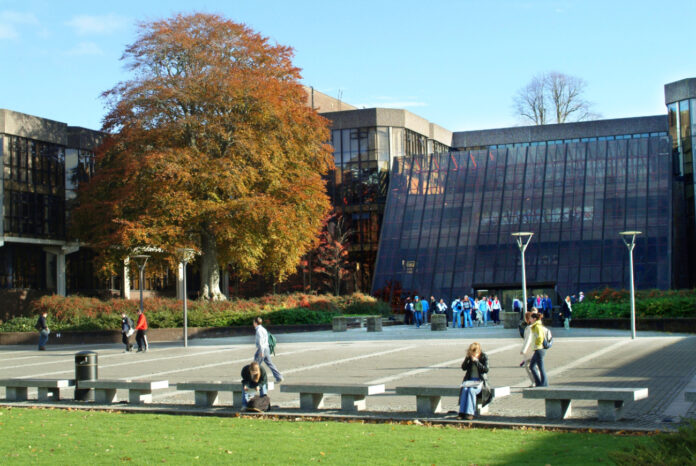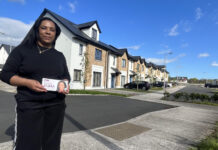THE UNIVERSITY of Limerick (UL) has admitted that it paid “significantly above market price” for a housing development in Rhebogue.
The purchase has been the latest by UL to be mired in controversy since it emerged that the university paid €12.85million for the development of 20 homes to be used for student accommodation.
The total purchase would mean the university paid close to €630,000 per property, almost double the market value for homes in the area.
UL has also since gotten into a spat with Limerick City and County Council planners which claims that the university is using the development as student accommodation without the correct planning permission.
Now, in a letter seen by the Limerick Post, circulated to UL staff on Friday (March 22) by UL President Professor Kerstin Mey, the institution has admitted that it paid “significantly above market price” for the properties in Rhebogue.
“An issue has arisen in respect of the properties which were purchased on the University’s behalf in Rhebogue on the outskirts of the campus,” Professor Mey wrote.
“New independent valuations have been received which confirm that the University paid significantly above market price for the Rhebogue properties,” the letter stated.
The purchase has left the University of Limerick with a loss of €5.2million in their accounts.
This, as well as the loss incurred by the university following their overpayment for the city centre campus in the former Dunnes Stores building on Sarsfield Street, will leave UL in a budget deficit, when a surplus had been previously expected, the letter said.
“The University will have to absorb the resulting draft impairment, a sum in the region of €5.2m, in our financial accounts. This, coupled with the impairment arising from the purchase of the City Centre Campus, of which I have already advised you, will result in our financial year end position ending in deficit – when a surplus had previously been anticipated,” Professor Mey said.
“This outcome will be funded from the University’s financial reserves,” she said.
Professor Mey said that the properties are currently generating rental income, which is being used to pay back the outlay, and that it was housing 80 postgraduate students in the Rhebogue properties.
“It is a matter of regret for me as President and I am aware that there is frustration and anger among staff members that this has happened so soon after the issues that arose in relation to the City Centre Campus,” Prof Mey wrote.
“This is an issue of major concern for the University in terms of management, governance and reputation. I am engaging with our stakeholders to chart the best way forward and there will be action taken as a result of the review that has been commissioned into the transaction,” the letter concludes.
The University of Limerick has been in hot water since the purchase of the controversial city campus site, with an admission being made in February of this year that they had overpaid for the site by €1.5million.
The proposed city campus had been dogged in controversy since it emerged that UL bought the site for over €8million without having gotten a formal valuation before purchasing it.
Valuers from Power Property put the Red Book value of the controversial site in 2019 at €6.5m, the same year UL purchased it for €8.3m.
The purchase was the subject of UL’s appearance at a meeting of the Dáil’s Public Accounts Committee in May of last year.
The most recent valuation for the property, undertaken in September 2023, found that the building would now be worth €5.58m – an almost €3m loss on what the university paid in 2019.











